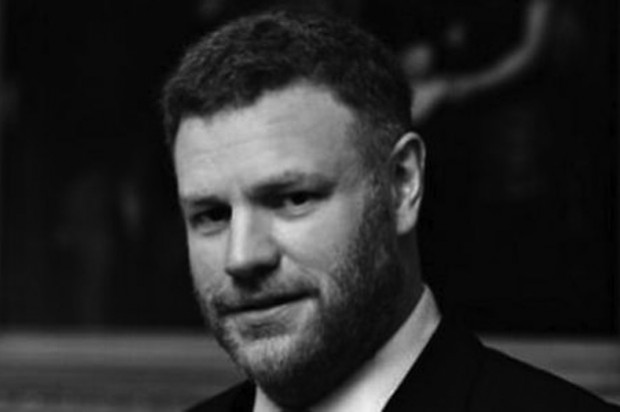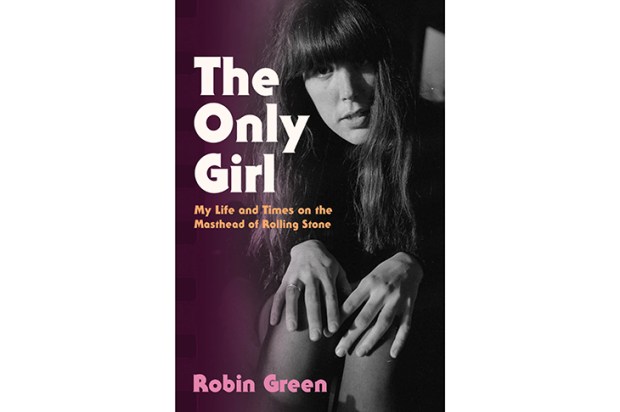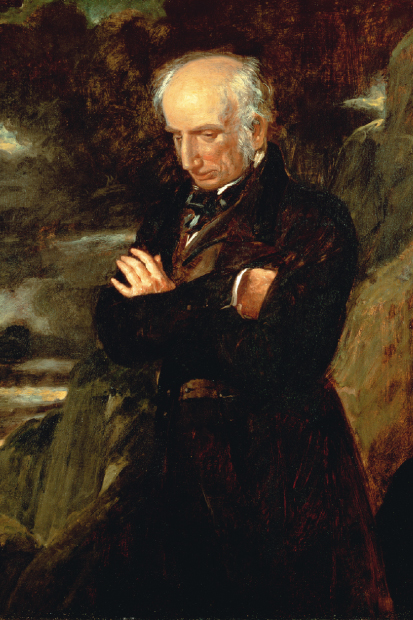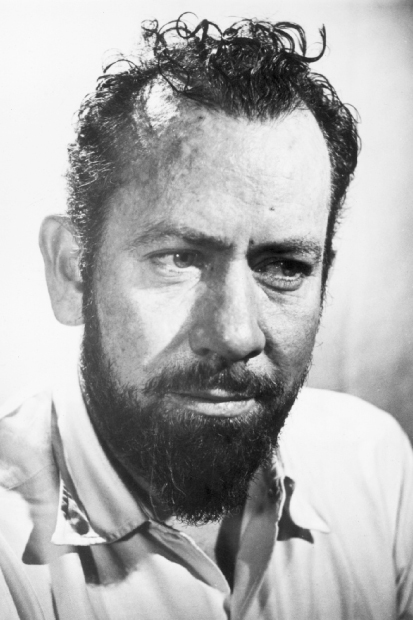For those of you who haven’t had the pleasure, Mark Steyn is sort of a hairy, successful version of me— a civilised, larky type of chap who was just tootling along minding his own biz and scribbling about his favourite show-tunes when — crash, bang, wallop! — he found himself on the frontline of commentating on the clash of civilisations. He is obsessed with the fact that Islamism poses the greatest risk to peace, progress and piano bars since the second world war and is unable to comprehend why so many people seem so bovinely oblivious to this fact.
Like Richard Littlejohn — another fine, undervalued writer — he is unfashionable, not using 20 words when two will do and never apologising for being alive. I don’t agree with him on everything — but who fears being challenged in their beliefs except someone not entirely secure in them? I’m with him — as I am with Melanie Phillips — on foreign affairs, while differing drastically with him over domestic matters — abortion, the family. But (unlike Phillips) Steyn’s tone is so light and breezy that you are lulled into a chummy sense of accord — only to have him turn on a sixpence.
It’s as though one minute you’re nattering over the garden fence to a neighbour, dishing the dirt on the weirdo down the road, and the next minute he’s waving a gun at you; Steyn approves of firearms, and is a fount of information on the benefits of the right to bear them. He fawns over the British monarchy a bit too effusively for my liking — but maybe it is something to do with being Canadian. Anyway, I was occasionally reminded of the words of Miss Jean Brodie: ‘For those who like that sort of thing, that is the sort of thing they like.’
And Steyn’s writing is so rompily gorgeous that you can forgive him a bit of chest-beating and rifle-riffing. ‘If you can remember the Sixties, you weren’t there; if you can remember the Seventies, chances are you aren’t here.’ ‘The photographs of Studio 54’s celebrity couples are like a computer breakdown at a dating agency — William Burroughs and Madonna; Regine and Salvador Dalí; Margaret Trudeau on the floor with marijuana-importer Tom Sullivan.’ Steyn likes to bait Horrified of Hampstead, pricking Guardian pomposity like a clown on crystal meth at a balloon-filled birthday party; after the ludicrous Jaffa Cake-heir George Monbiot has hymned the happiness of poor people in Ethiopia (does that mean socialism, which seeks to make the poor richer, is bad?) Steyn smirks: ‘In Ethiopia, male life expectancy is 42.88 years. George was born in 1963. If the streets and fields are crackling with laughter, maybe it’s because the happy peasants are reading his column.’ Monbiot is joined in the sniggering stocks by his colleague Decca Aitkenhead when Steyn pillories her for her profoundly thick take on Jamaican homophobia which is summed up with the classically stupid Guardian headline ‘Their homophobia is our fault’. I have to say, I fair hugged myself with glee at that one.
Some of the more surreal sketches are a bit trying (in both senses of the word), but when he hits his target it makes you wince on behalf of the bullseye. His takedown of the odious Edward Kennedy is total, but starts with the unlikely object of a foot-rest. But it’s on the Islamist threat that he is at his best. Read this without feeling that a heavily-veiled goose has walked over your grave:
A world that becomes more Muslim becomes less everything else. First it’s Jews, already abandoning France. Then it’s homosexuals, already under siege from gay-bashing in Amsterdam, ‘the most tolerant city in Europe’. Then it’s uncovered women, targetted for rape in Oslo. And if you don’t any longer have any Jews or (officially) any gays or (increasingly) uncovered women, there are always just Christians in general, from Nigeria to Egypt to Pakistan. More space for Islam means less space for everything else, and in the end for you.
There are also a few fun facts along the way; for instance, did you know that the Graham Cracker, beloved of our American cousins, was originally conceived as a weapon against self-abuse? You’ll laugh, you’ll sigh, you’ll learn something. And you’ll whistle a bracing Broadway melody while you go about doing your bit in the ‘End Of Days’ scenario which Steyn sketches so convincingly and, yes, so entertainingly.
Got something to add? Join the discussion and comment below.
Get 10 issues for just $10
Subscribe to The Spectator Australia today for the next 10 magazine issues, plus full online access, for just $10.
Available from the Spectator Bookshop, £17.99 Tel: 08430 600033
You might disagree with half of it, but you’ll enjoy reading all of it. Try your first month for free, then just $2 a week for the remainder of your first year.















Comments
Don't miss out
Join the conversation with other Spectator Australia readers. Subscribe to leave a comment.
SUBSCRIBEAlready a subscriber? Log in